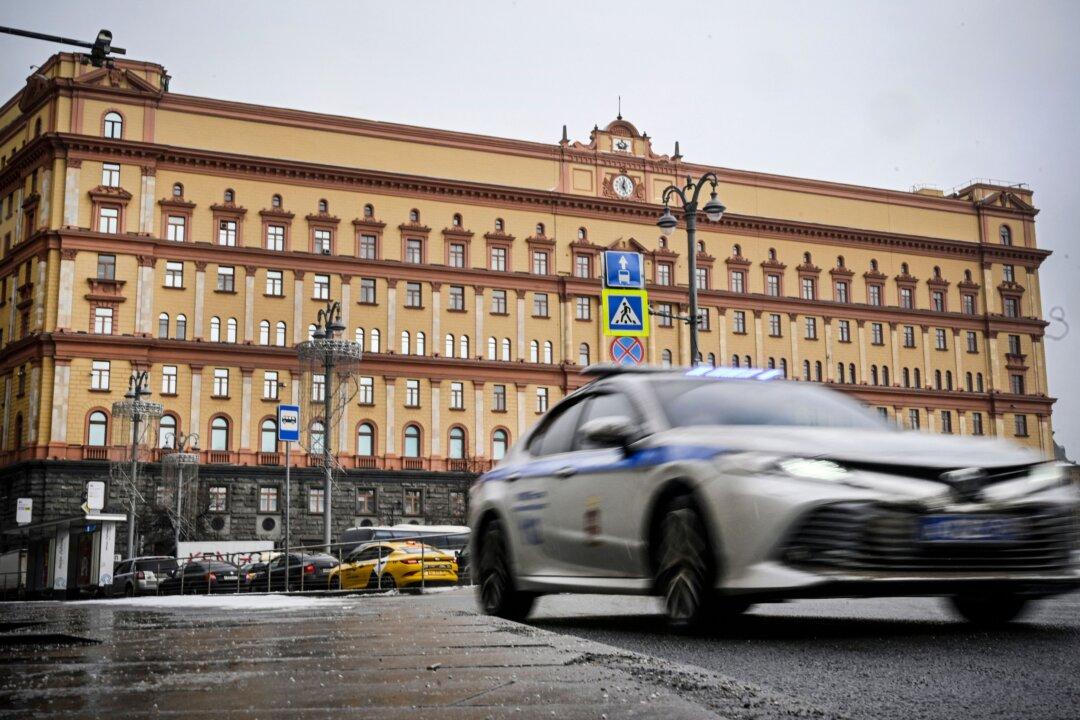A Russian national has “confessed” to having carried out a car bombing—at Kyiv’s behest—in Moscow last week that allegedly targeted a Russian military officer, according to the Russian authorities.
“During interrogation, [Yevgeny] Serebryakov reported on ... the preparation of the car bombing ordered by the Ukrainian Security Service,” Svetlana Petrenko, a spokeswoman for Russia’s official investigative committee, said on July 26.





